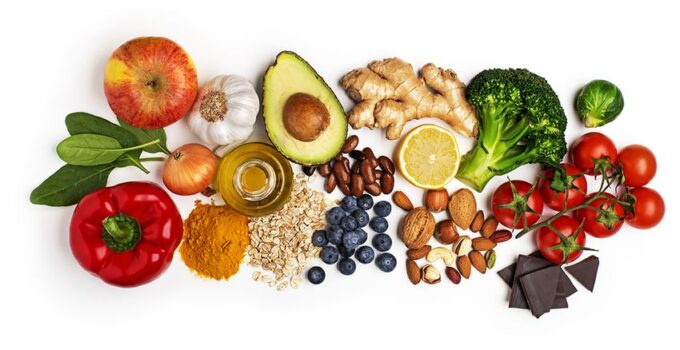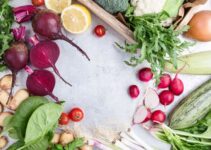To many people, eating healthy food means eating a salad. However, most salads are not healthy. When you get a salad from a restaurant, odds are that it is high in calories. What is healthy is eating lettuce. What is not healthy is all the dressing that salads are drenched in.
One of the most popular dine-in restaurants in the U.S. is Applebee’s. At Applebee’s, the oriental chicken salad is a staggering 1,600 calories. The National Institute of Health recommends 2,000 calories per day. This famous salad is already 80% of the portion of calories you should have in one day. Thus, just because you eat a salad does not mean you are eating healthier. The way food is prepared has a role in the “healthiness” of a meal or snack.
Eating healthy means eating unprocessed foods and consuming things (drinks included) that are low in fat, sodium, and sugar. The problem in the U.S. is that there are so many additives added to foods and drinks that we can turn the healthy foods and drinks into unhealthy.
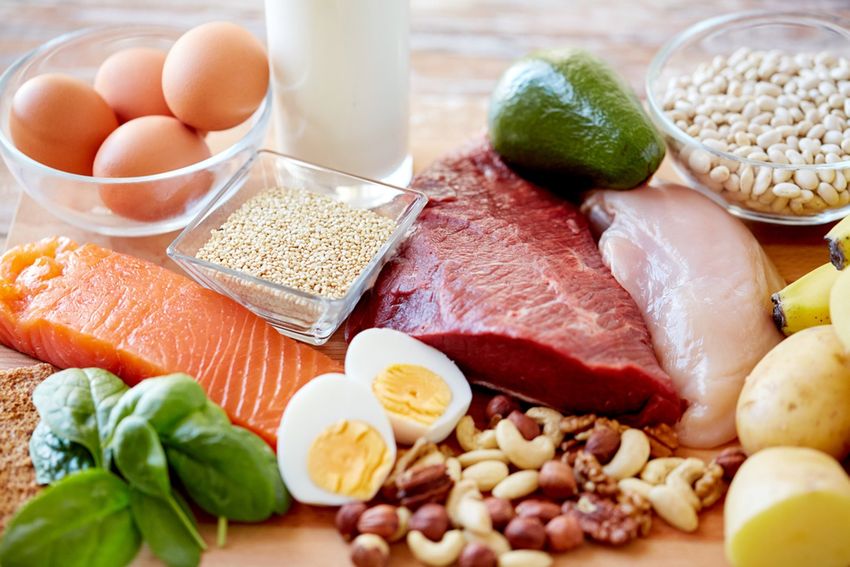
source:livescience.com
For example, a popular dessert is a hot fudge sundae. A hot fudge sundae typically consists of ice cream, chocolate, whip cream, and a cherry on top. Ice cream and whip cream are made from milk. Milk is healthy, but we add a bunch of sugar and salt to make ice cream and whip cream, which is unhealthy. And, the cherry on top is high in sugar rather than a natural, unprocessed cherry. This is a classic example of using healthy foods to create unhealthy foods.
Even when you eat healthy foods, people still are not classified as healthy because they are not consuming a balanced number of vitamins and nutrients. So, being a vegetarian or a vegan does not make you a healthy person. Some people convert to vegetarian or vegan because they genuinely do not like hurting animals. According to RunRepeat, many people turn vegetarian or vegan in an attempt to lose weight but having a diet that is so strictly vegetable based is not healthy.
Vegetable based dieters
Vegetarians and vegans are often confused. According to a report from Harvard Medical School, there are five classifications of vegetarians. The first are vegans. Vegans do not eat anything that comes from an animal. Not even any form of dairy products. The second classification is lacto-ovo vegetarians. Lacto-ovo vegetarians do not eat meat or fish, but they do consume dairy products. The third group is lacto vegetarians. Lacto vegetarians eat no meat, fish, or eggs, but will consume other dairy products. The fourth group is ovo vegetarians. Ovo vegetarians eat no meat or fish, and the only dairy product they consume are eggs. Nothing else dairy. Lastly, the fifth group is partial vegetarians. Partial vegetarians are known as pescatarians (no meat, just fish) and pollo-vegetarians (no meat or fish, just chicken).
A study from Oxford found that being any form of vegetarian results in nutrient deficits from the lack of essential nutrients like protein from meats and fish. Hence, being vegetable based does not necessarily make you healthier due to the lack of nutrients. The study also concluded that 75% of vegetarians did not meet their calcium and protein requirements and were more likely to have impaired bone health and were more prone to injuries like fractures and broken bones.
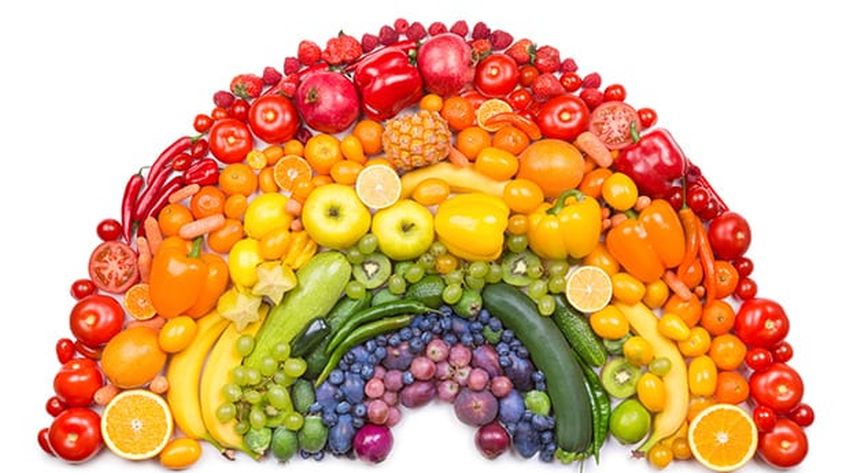
source:livescience.com
While some vegetables contain vitamins an minerals, most vegetable based eaters have a deficiency in vitamin K and vitamin D. Then again, Americans do not meet the nutritional recommendations despite what diet they consume. According to the Council for Responsible Nutrition and the Centers for Disease Control and Prevention reported that 90% of Americans do not meet the recommended nutritional requirements.
What to do
Research has proven that despite what “diet” you are on, the majority of people do not eat healthy because the majority of people do not get the nutrients from what they consume. Whether you are a vegetarian, pescatarian, or carnivore, it is important to monitor what you eat and drink. You do not have to count calories. Just consume more unprocessed natural foods and drinks. Most Americans need to eat more vegetables but drenching your vegetables in ranch dressing does not make it healthy and it does not mean you are eating a balanced meal.
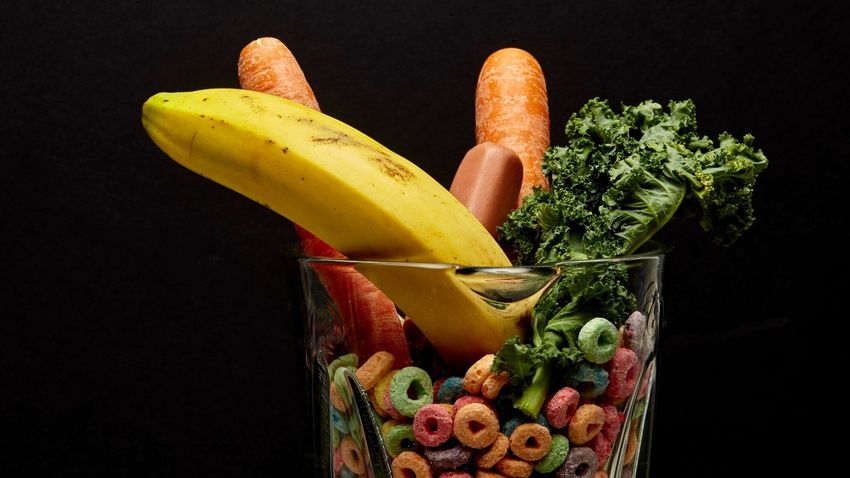
source:meetzipongo.com
Meal prepping, weighing your food to the appropriate portions, and limiting the amount of salt, sugar, and fat that you use as a seasoning, helps tremendously. You will not only save money, but you will truly be healthier. It is important to remember that a salad is not always healthy and that being skinny does not mean that you are healthy. These are common misconceptions imposed by social media. Eating healthy means eating balanced meals. Being healthy is being fit, not skinny. Find more healthy eating tips on this article from myserenitykids.com.

